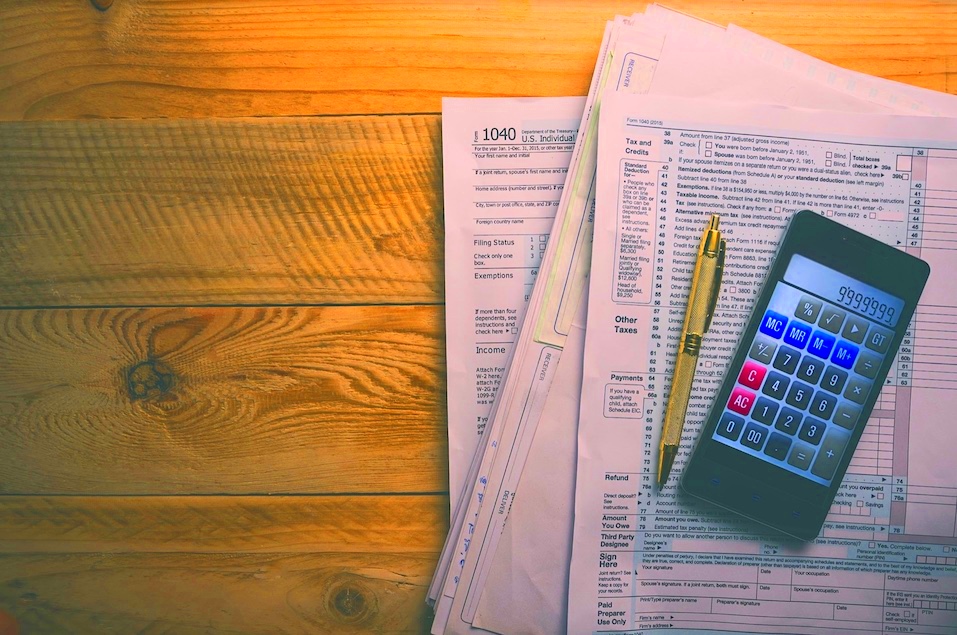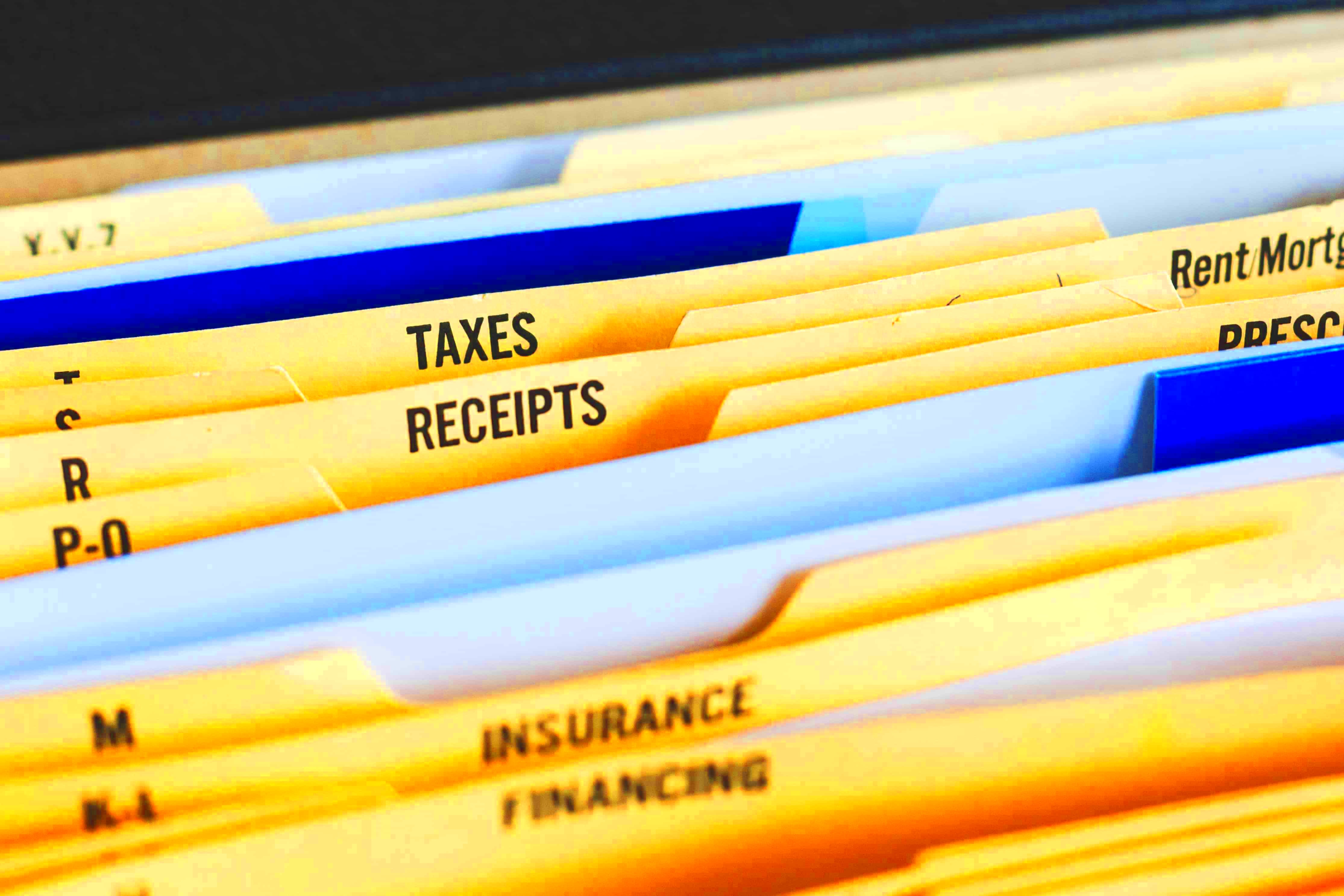As a freelancer, taxes work a bit differently than they do for traditional employees. Instead of having taxes automatically taken out of your paychecks, you are responsible for calculating and paying your taxes yourself. This means understanding which taxes you owe, keeping track of your income, and organizing your expenses throughout the year. By knowing your responsibilities, you can stay on top of your tax obligations and avoid surprises during tax season.
Types of Taxes Freelancers Need to Pay

Freelancers generally need to pay a few types of taxes. Here’s an overview of the main ones to keep in mind:
- Self-Employment Tax: This covers Social Security and Medicare taxes that employees and employers typically share. As a freelancer, you are both the employer and employee, so you pay both portions.
- Federal Income Tax: Like anyone earning income, freelancers must pay federal income taxes. The exact amount depends on your income level and tax bracket.
- State and Local Taxes: Depending on where you live, you may also owe state or local income taxes. Not all states have income tax, so this varies by location.
Paying these taxes typically requires filing quarterly estimated tax payments. This way, you’re contributing throughout the year instead of owing a large sum at once.
Also Read This: How Much Freelance Software Engineers Make
Essential Tax Forms for Freelancers

Filing taxes as a freelancer involves specific forms. Here are the most common ones you should be aware of:
| Form | Description |
|---|---|
| Form 1040 | The standard individual income tax form, used by all taxpayers. |
| Schedule C | Used to report profit or loss from a business. It calculates your net income by allowing deductions for expenses. |
| Schedule SE | Calculates the self-employment tax, which covers Social Security and Medicare. |
| Form 1099-NEC | Provided by clients if you earned $600 or more from them. This form reports non-employee income. |
Understanding these forms will help you complete your tax return correctly and ensure you’re meeting all necessary requirements.
Also Read This: How Can I Earn from Fiverr?
Calculating and Tracking Freelance Income

Tracking your income as a freelancer is key to filing accurate taxes and staying on top of your earnings. Unlike traditional jobs, freelancing income often comes from multiple clients, making it essential to organize payments from each source. Keeping accurate records helps you avoid any guesswork and makes tax filing smoother.
Here are some tips to help you calculate and track freelance income effectively:
- Use Accounting Software: Tools like QuickBooks, FreshBooks, or Wave make it easy to track payments, organize invoices, and store client information in one place.
- Maintain a Spreadsheet: If you prefer a simpler method, a spreadsheet can work well. You can create columns for client names, payment dates, amounts, and other details.
- Save All Payment Records: Store invoices, receipts, bank statements, and any other records showing proof of payment. This documentation is important for both tax purposes and income verification.
To avoid tax season surprises, regularly review your total earnings and set aside a portion of each payment for taxes. This proactive approach ensures you’re prepared when quarterly taxes or the annual tax return is due.
Also Read This: Top 10 Fiverr Gigs for Public Relations in 2024
Business Deductions Freelancers Can Claim

One major benefit of freelancing is the ability to claim business deductions. These deductions can lower your taxable income and reduce the amount you owe. However, only certain expenses qualify, and it’s important to understand which ones apply to your business.
Common business deductions freelancers can claim include:
- Home Office Expenses: If you have a dedicated workspace in your home, you can deduct a portion of rent, utilities, and internet costs.
- Equipment and Supplies: Items like a computer, printer, office supplies, or software related to your work are deductible.
- Travel Expenses: Business travel, including flights, hotels, and meals, can be claimed if they’re essential to your freelance work.
- Marketing and Advertising Costs: Expenses like website hosting, social media ads, and other marketing tools are also deductible.
Keeping detailed records of these expenses, along with receipts, makes it easier to claim deductions accurately. Properly documented deductions can help you save a substantial amount come tax season.
Also Read This: How Do Sellers Get Paid on Fiverr?
Quarterly Tax Payments and Their Importance
Freelancers are typically required to make quarterly estimated tax payments to the IRS. These payments help cover federal income tax and self-employment tax throughout the year. Rather than waiting until the end of the year to pay taxes, quarterly payments spread out your tax burden and help you avoid interest or penalties.
To calculate your quarterly payments, you can:
- Use Last Year’s Income as a Guide: Estimate your tax payments based on what you earned in the previous year, adjusting for any anticipated income changes.
- Use the IRS Form 1040-ES: This form includes a worksheet to help you figure out your estimated taxes.
- Consult with a Tax Professional: If calculating quarterly payments feels overwhelming, a tax professional can provide guidance and ensure accuracy.
Making these payments on time (April, June, September, and January) keeps you compliant with tax requirements. Regular payments can also reduce the financial stress that often comes with large, year-end tax bills.
Also Read This: How to Buy Your Own Gig on Fiverr
Tips for Organizing Financial Records
Keeping financial records organized is essential for managing your freelance business, especially when it’s time to file taxes. Good record-keeping not only helps you avoid stress at tax time but also gives you a clear picture of your business’s health.
Here are some practical tips to keep your financial records in order:
- Use a Separate Business Bank Account: Keeping personal and business finances separate simplifies record-keeping and makes it easier to track deductible expenses.
- Save All Receipts and Invoices: Whether physical or digital, keep copies of every receipt and invoice related to your business. Many freelancers use apps like Expensify or Evernote for easy receipt storage.
- Organize by Category: Sort expenses by category (e.g., supplies, marketing, travel) to quickly see where your money goes and easily spot tax-deductible items.
- Track Income Monthly: Logging your income monthly gives you a clear view of earnings and helps you set aside money for taxes. Accounting software or a basic spreadsheet can be helpful for this.
Staying organized not only makes tax filing easier but also provides a more accurate record in case of an audit. Good organization is a habit that pays off year-round for freelancers.
Also Read This: How to Get Freelancing Projects on Fiverr
Frequently Asked Questions about Freelance Taxes
Many freelancers have questions about taxes since the process is quite different from traditional employment. Here are some common questions and answers to help clarify the essentials:
- Do freelancers need to pay taxes if they don’t earn much? Yes, even if you earn a small amount, any income is taxable. If you make over $400 annually, you’re required to pay self-employment tax.
- Can freelancers claim a home office deduction? Yes, if you use part of your home exclusively for business, you can claim a portion of rent, utilities, and internet costs as deductions.
- How often do freelancers need to pay taxes? Freelancers typically pay quarterly estimated taxes, due in April, June, September, and January.
- What should freelancers do if they can’t afford to pay taxes? The IRS offers payment plans that can help if you’re unable to pay the full amount at once. Contacting a tax professional can also help you find the best solution.
These answers should give freelancers a better understanding of their tax obligations and help them plan for tax season more effectively.
Final Thoughts on Managing Freelance Taxes
Managing taxes as a freelancer may seem complex, but with the right strategies, it becomes much easier. By understanding your tax responsibilities, organizing your records, and planning for quarterly payments, you can stay on top of your tax obligations and avoid last-minute stress.
Good financial habits, like tracking income and saving for taxes, can make tax season manageable and even beneficial, as you take full advantage of available deductions. If needed, consulting with a tax professional can provide personalized guidance and help you make the most of your freelance income.
Staying proactive with taxes allows you to focus more on growing your freelance business and less on navigating tax challenges.




